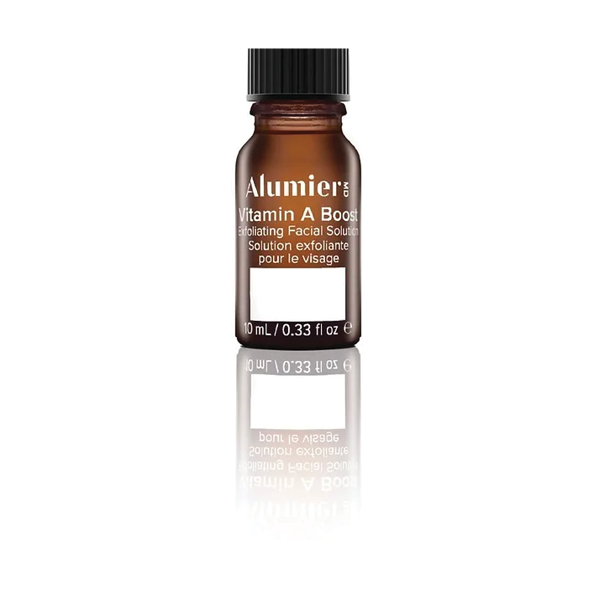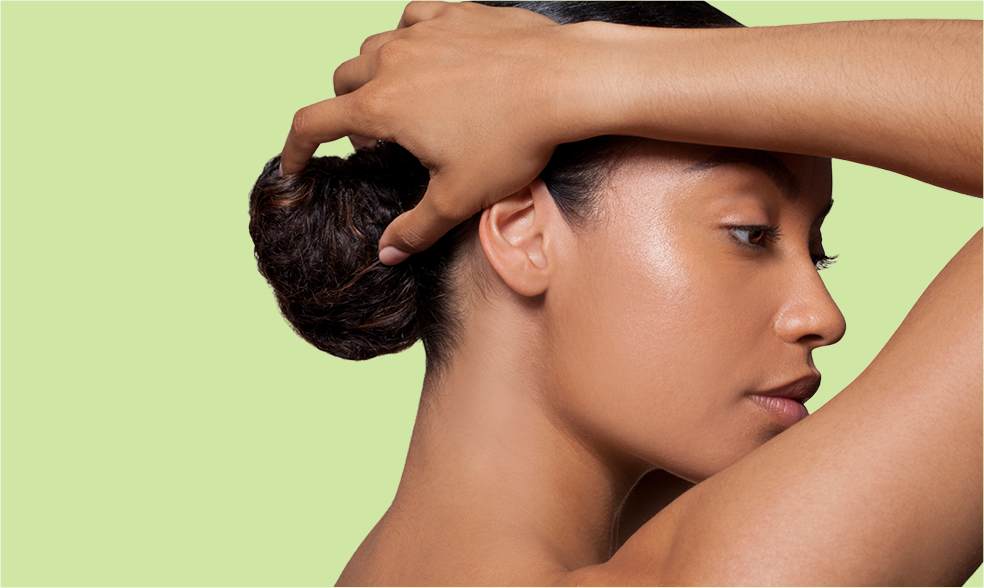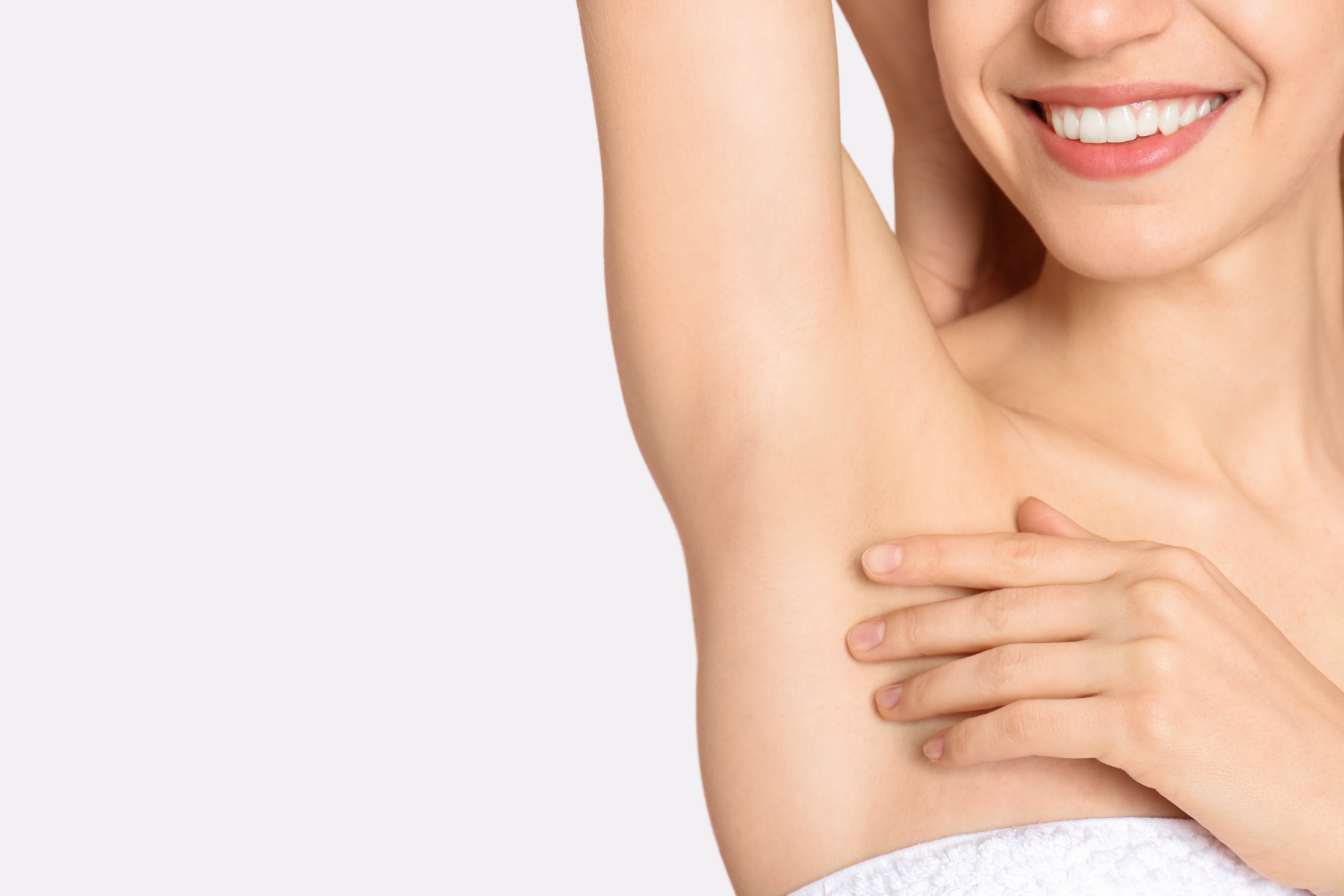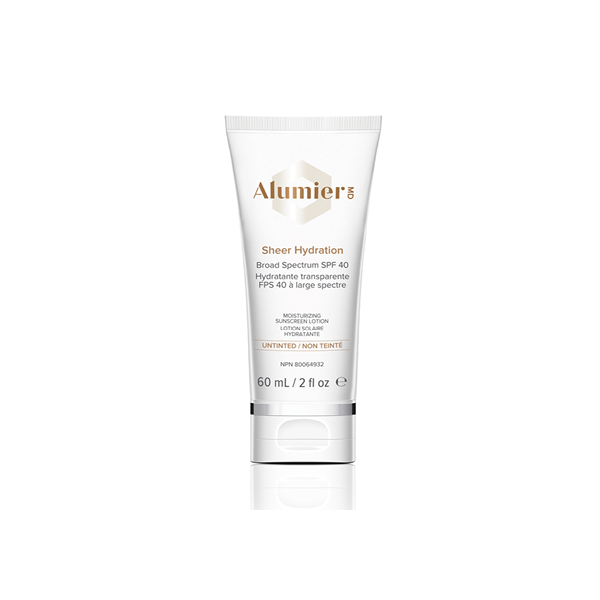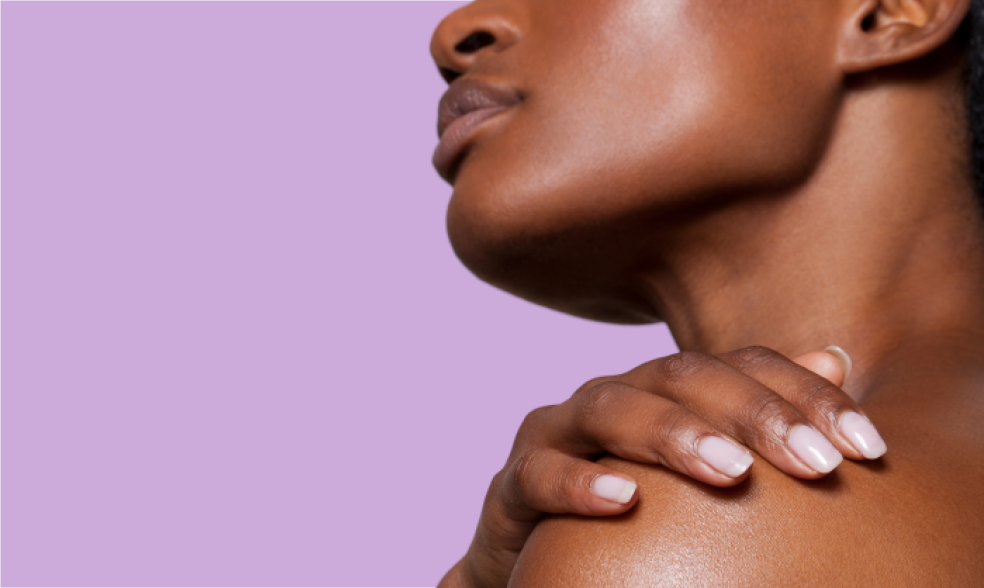
Body Peels
Out with the old, in with the new — skin, with medical-grade peels in Aurora, IL and Downtown Batavia, IL.
Get brighter, smoother, more even-toned skin that leaves you glowing.
body PEELS IN AURORA, IL AND BATAVIA, ILAlumierMD Body® Peel
Each treatment is customized using a variety of peels, each with a unique complex of ingredients, to target your specific skin concerns whether it be ageing, pigmentation or acne.
Starts at $149
-
Acne
Fine Lines
Skin Laxity
Skin Texture
Skin Discoloration
Redness
-
An acid is applied to the skin to lower the PH, which loosens the connections between dead skin cells, including exfoliation and stimulating new cell growth.
This process causes superficial layers of dead skin to peel off, revealing a smoother and more radiant complexion.
-
• Schedule your chemical peel at least two weeks before major events since you may experience post-treatment redness, irritation, and peeling.
• Avoid Accutane for 6 months before the treatment.
• Avoid laser treatments and waxing for one week before the treatment.
• Avoid topical retinoids for one week before the treatment.
• Inform your provider of all your ongoing medications and history of cold sores.
• Postpone the treatment if you have an active rash on your skin.
A consult with your specialist is required before any peel to ensure that your skin is good to glow.
CHEMICAL Body Peel CLASSIFICATIONSChemical Peel Classifications
Chemical peels are classified depending on the depth of penetration of the ingredients used.
-
Superficial chemical peels decrease the pH, which loosens the connections between dead skin cells, inducing exfoliation and stimulating new cell growth.
This process causes superficial layers of dead skin to peel off, revealing a smoother and more radiant complexion.
Superficial peels rarely cause side effects. However, hyperpigmentation can still occur with darker skin types.
-
Medium chemical peels cause protein coagulation and cell necrosis (cell death) in the epidermis and dermis.
This induces inflammation and the wound-healing cascade, which leads to dermal regeneration including collagen stimulation.
Medium chemical peels require more downtime and carry with them a higher chance of side effects including hyperpigmentation, hypopigmentation, infection and scars.
-
Deep chemical peels cause protein coagulation and cell necrosis (cell death) in the epidermis and dermis.
This induces inflammation and the wound-healing cascade, which leads to dermal regeneration including collagen stimulation.
Deep chemical peels require more downtime and carry with them a higher chance of side effects including hyperpigmentation, hypopigmentation, infection and scars.

What to Expect | Body Peel PROCEDUREAlumierMD Body Peel Procedure
-
Your provider will examine your facial skin and discuss your concerns.
Your provider will select the ideal chemical peel for your skin.
The chemical peel will be massaged onto your skin in the office.
You’ll receive a post-treatment skincare kit to help your skin heal.
-
You’ll experience mild redness, irritation, and sensitivity for a few days.
Your skin may start flaking or peeling off after about 3 days.
Don’t pick at your skin.
Avoid strenuous workouts until your skin stops peeling.
Avoid direct sunlight, self-tanners, and tanning beds.
Use broad-spectrum SPF 30+ sunscreen whenever you go outside.
-
Instant results with gradual improvements over several weeks
-
Long-lasting results with continued maintenance.
-
Once every 4 to 6 weeks for optimal results
Body Peel Results
“I appreciate how Dr. D. reaches out to me after every step in my treatment series. She is available for any questions I may have. She listens to my concerns and is an excellent communicator.”
“Seeing the results and changes on my wife’s skin convinced me to come to Dr D. She formulated a treatment plan for me and I’m looking forward to my results too!”

Body Peel FREQUENTLY ASKED QUESTIONSFrequently Asked
-
The following are the most common ingredients used in chemical peels: alpha hydroxy acids, such as glycolic acid, lactic acid, malic acid, tartaric acid, and mandelic acid, beta hydroxy acids (salicylic acid), trichloroacetic acid (TCA), and retinol.
-
With superficial chemical peels, you may notice redness after the peel for a few hours.
However, medium-depth or deep chemical peels, your skin will peel or flake off after about two days and continue peeling for around 5 days.
As such, you should schedule the treatment at least one or two weeks before major events.
-
Chemical peels should be avoided by women who are pregnant or nursing.
-
Chemical peels don’t hurt. You may experience mild irritation and sensitivity, but there’s no need for anesthesia.
Bring your in-clinic experience home.





